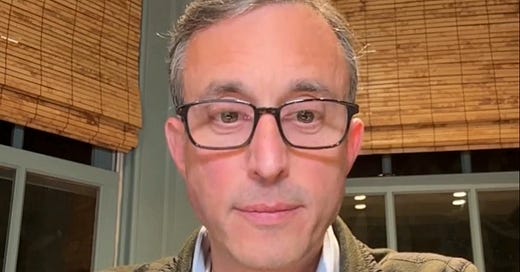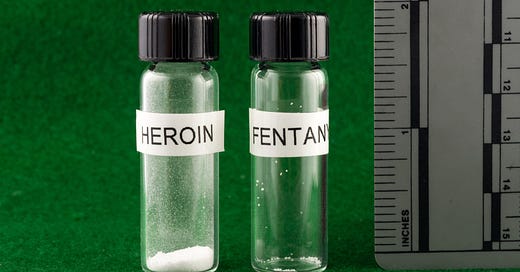
Founding Member Rate: Like the newsletter? During this trial period, you 50% off the regular cost. Continued thanks to everyone who already has done so!
The World
President Trump urged governors to ‘dominate’ protesters, while Attorney General William P. Barr escalated the federal response, deploying riot squads and hostage rescue team after Street protests over George Floyd’s death went global. Demonstrators in London, Berlin and Toronto called for an end to police brutality. In LA, county and National Guard troops patrolled for the first time since the 1994 Northridge earthquake and the 1992 riots. (Washington Post, Los Angeles Times)
Company chiefs join outrage at police killings of African-Americans. Meanwhile, U.S. retailers closed some stores because of disruptions caused by the protests. Target, CVS, Apple and Walmart temporarily closed or limited hours at some locations. (Financial Times, ABC News)
Police departments found their tactical expertise tested by sprawling protests, causing them to pivot to new or unusual techniques to stem the violence. Meanwhile, a weekend of police reaction was caught on camera, while Minneapolis police rendered 44 people unconscious with neck restraints in five years. (Wall Street Journal, The Verge, NBC News)
Minority communities have absorbed disproportionately heavy blows from pandemic deaths and job loss, underlining a decades-long trend: Black households’ share of the national wealth and their median income have stagnated. So have other measures of African American well-being, with rates of unemployment and lack of health coverage persistently above the national average. The disparities are particularly acute in Minneapolis. (Finance 202)
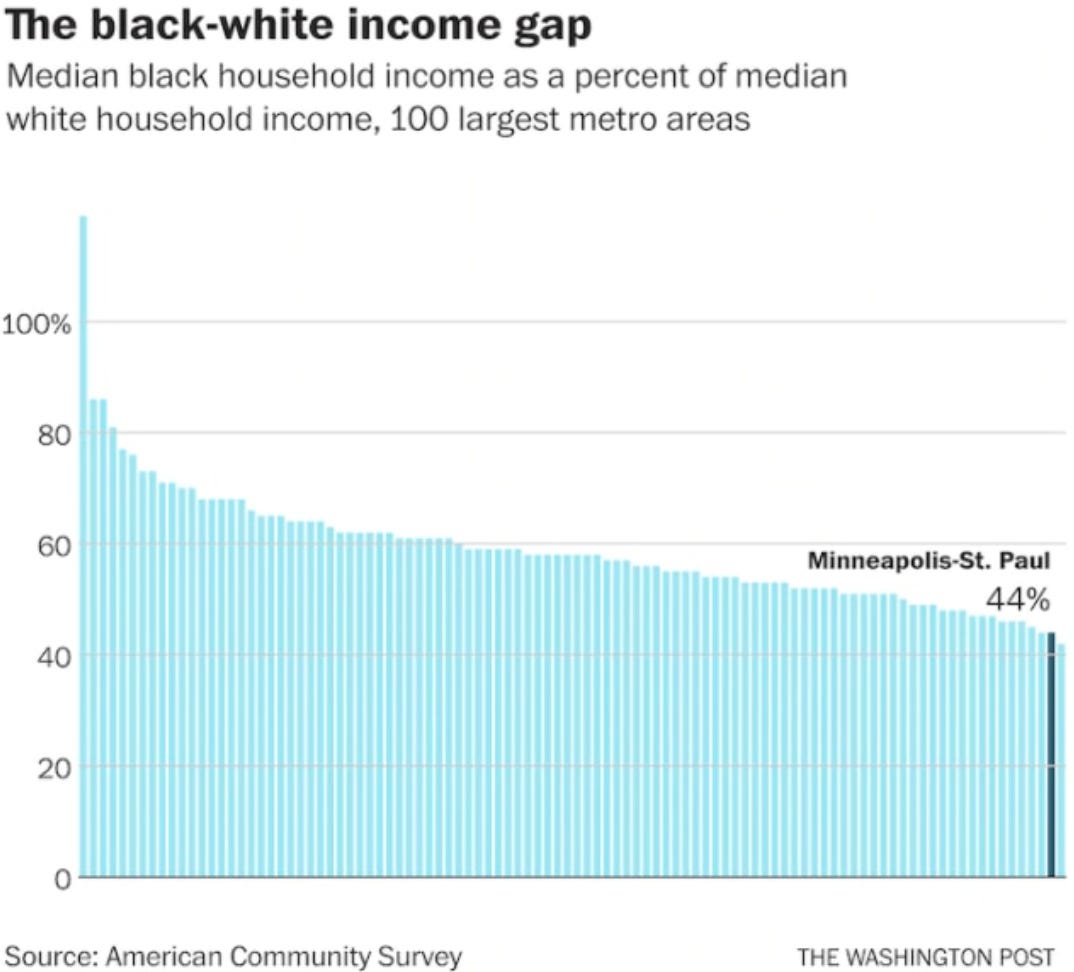
A majority of a divided country still says controlling the virus’s spread is more important than trying to restart the economy. In the starkest split, 57 percent of Americans overall and 81 percent of Democrats say trying to control the spread of the coronavirus is most important right now, even if it hurts the economy. A far smaller 27 percent of Republicans agree, while 66 percent of them say restarting the economy is more important, even if it hurts efforts to control the virus. (Washington Post-ABC News poll)
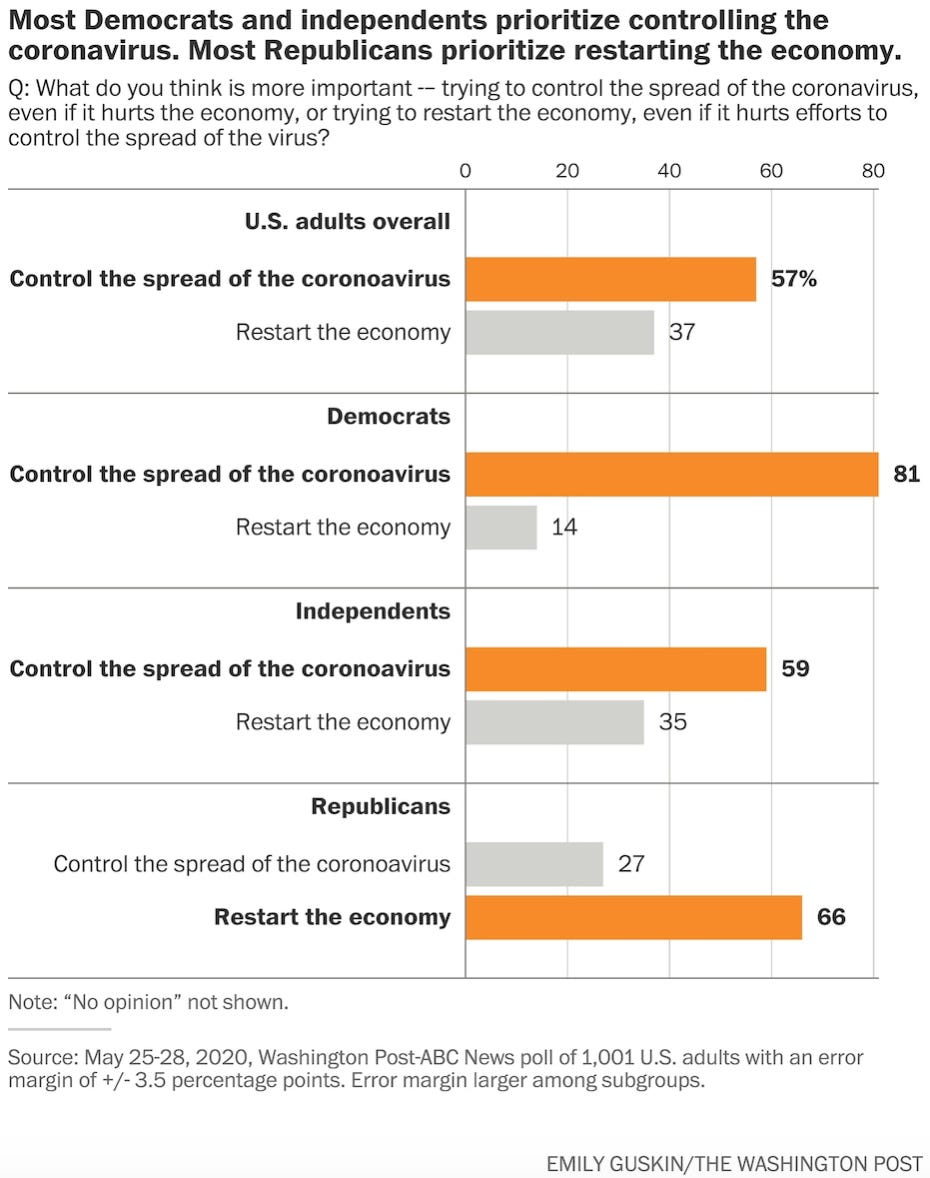
Nearly 90% of U.S. cities expect revenue shortfalls, according to a survey by the National League of Cities and the U.S. Conference of Mayors. (Wall Street Journal)
China accused the U.S. of double standards for praising Hong Kong protesters as heroes but labelling them as rioters in America. Meanwhile, China told major state-run agricultural companies to pause purchases of some U.S. farm goods including soybeans. (Reuters, South China Morning Post, South China Morning Post)
China’s barely begun economic recovery shows signs of stalling. Asia’s pain deepened in May, with export powerhouses Japan and South Korea seeing the sharpest falls in over a decade. Meanwhile, Europe may be over the worst of a coronavirus-driven downturn. (Wall Street Journal, Reuters)
The U.S. and Japan held joint military exercises, as the allies keep watch on China's increasingly assertive maritime maneuvers in the East and South China seas amid the pandemic. (Nikkei Asian Review)
Russia's public vote on a set of constitutional amendments that would allow President Vladimir Putin to stay in power through 2036 will take place on July 1. (Moscow Times)
Tara Reade’s tumultuous journey to the 2020 campaign: To better understand Ms. Reade, who accused Joe Biden of sexual assault, The Times interviewed nearly 100 people and reviewed court records and her writings. (New York Times)
Economy
Goldman Sachs rolled back its pessimistic outlook that the S&P 500 would slump to the 2,400 level -- over 20% below Friday’s 3,044 close -- and now see downside risks capped at 2,750. (Bloomberg)
Citigroup’s co-head of investment banking said financial markets were “way ahead of reality” with tougher times to come, warning corporate clients that they should raise as much money as they could before investors factor in the pandemic’s true cost. (Financial Times)
Nearly two-thirds of publicly traded restaurants are at risk of bankruptcy. (Bloomberg)
A Goldman Sachs survey of 1,447 participants (55% women) found that 53% of their small businesses are now fully open. The small business owners surveyed "believe that only 63% of their revenue will return over the next six months." (Axios)
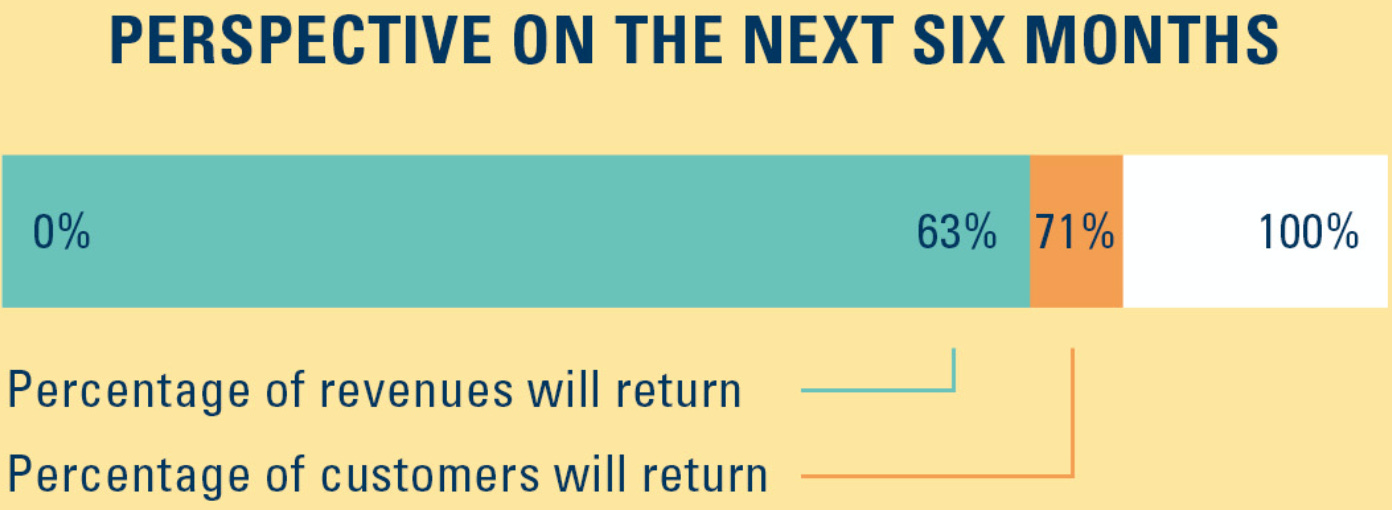
Technology
Global smartphone sales plummeted 20% in Q1. Samsung and Huawei and Oppo all saw double-digit drop-offs at 22.7%, 27.3% and 19.1%, while Apple declined 8.2%. (TechCrunch)
Facebook employees critical of CEO Mark Zuckerberg’s decision not to remove an inflammatory comment from President Donald Trump took their dissent public on Twitter, praising the rival social media firm for taking action and rebuking their own employer. (Reuters)
Tech deals nosedive nearly 70% during pandemic, but Bain predicts a sharp rebound. (CNBC)
Cable networks are facing threats, and opportunities, in a national crisis. Now, Fox is fighting back and CNBC is looking to the right. CNN is defined by Jeff Zucker, and he may run for mayor. (New York Times)
Smart Links
6 VCs share their bets on the future of work. (TechCrunch)
Five best science books this week. (Nature)
Who wants to run the deadliest big city in America? (Politico)
Vanuatu and Nunavut: No covid-19 cases. (Wired UK, Washington Post)
AI systems are worse at diagnosing disease when training data is skewed by sex. (STATNews)
Good News
A 103-year-old Massachusetts woman who recovered from COVID-19 celebrated with a favorite drink — a cold beer, her family told CNN.

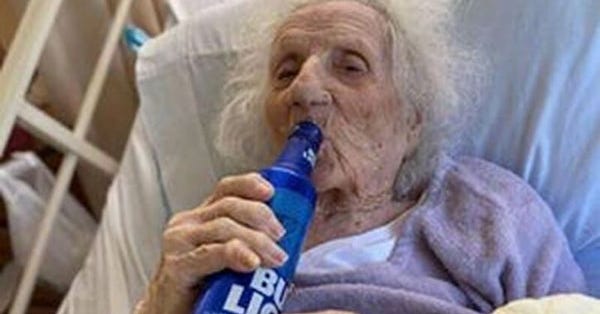
Did you like the newsletter? Why not subscribe now?





